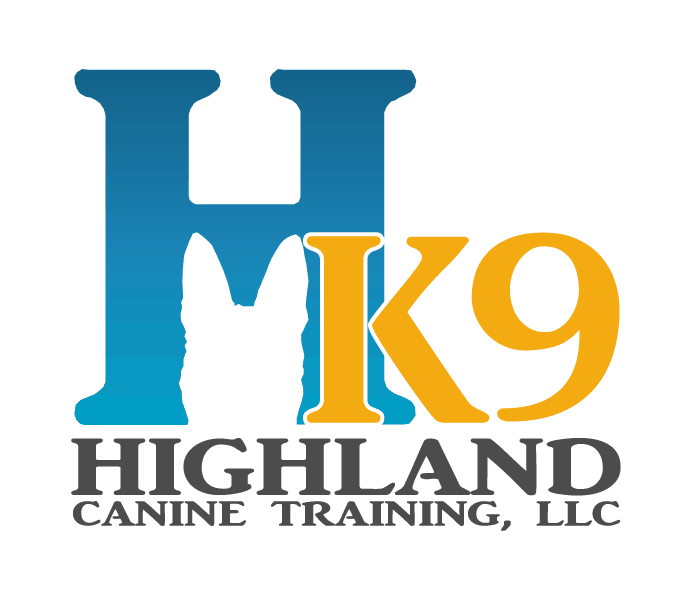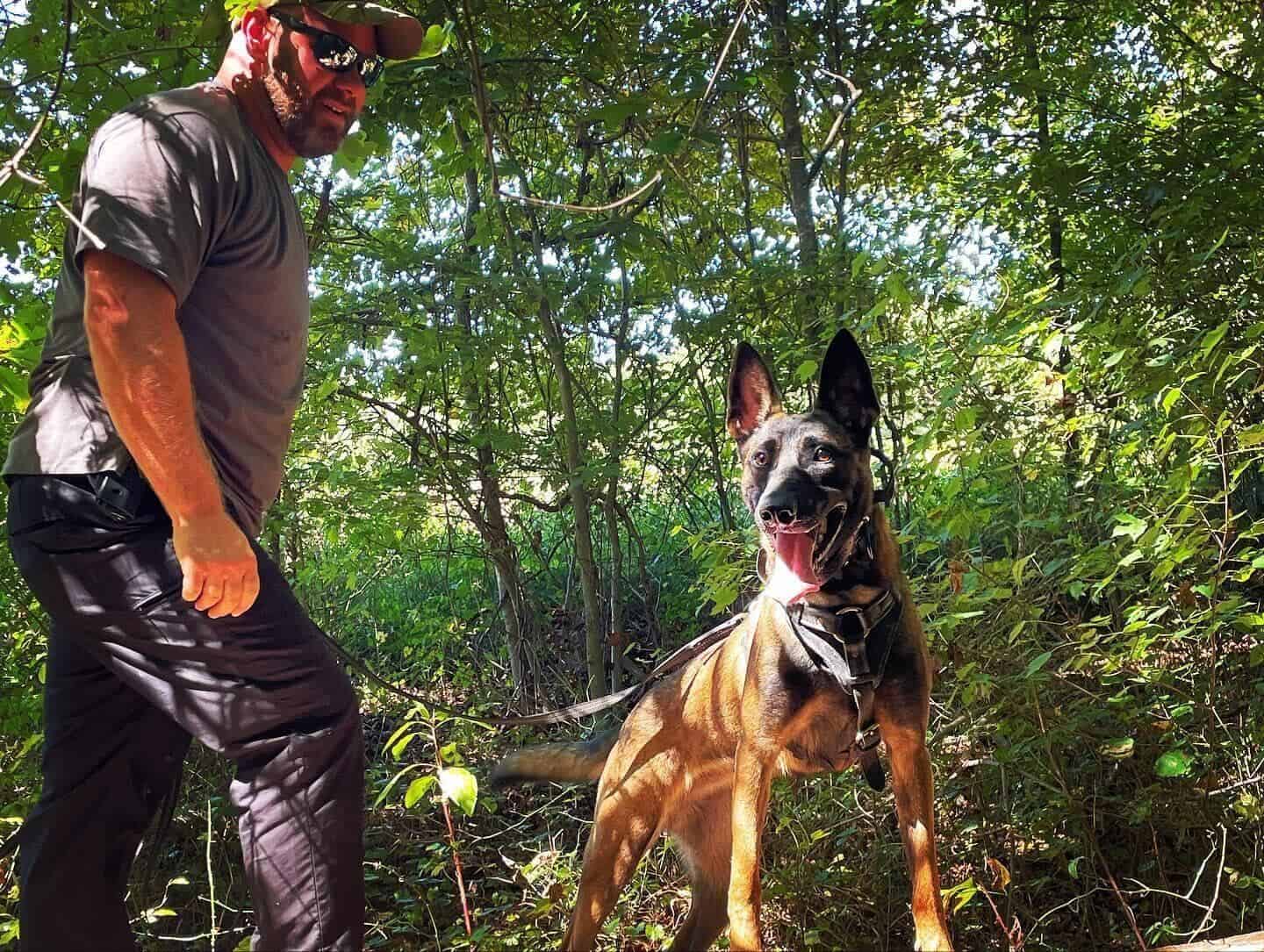Becoming a K9 handler is an incredibly rewarding career choice. In this role, a handler fulfills law enforcement duties at either the federal, state or local level, working alongside their K9 partner to save lives and keep communities safe. The handler must build and sustain a strong bond with their police dog, and is typically responsible for caring for the dog outside of active hours.
While embarking on a career as a K9 handler may seem like an attractive option, there are several things to consider before taking the steps towards it. Police K9 handlers have several responsibilities that differ from their colleagues, and it is important to think about these before taking steps toward a role in this field.
In this article, we will look at a general overview of K9 units; examine the required personality traits to succeed in this role; and the typical process for becoming a police K9 handler.
What is a K9 unit?
Within a law enforcement department, the K9 unit is tasked with performing certain duties utilizing the help of specially trained police dogs. These dogs can be trained for a variety of purposes, including narcotics detection, tracking missing individuals, and cadaver searches. Some are also trained as dual-purpose K9s, meaning they also function as patrol dogs.
Once the need for a Police K9 has been identified within a department, management will typically review vendors who will train the dog for its desired purpose. A K9 handler who will handle the dog will also be identified from within the department, or recruited externally. Once the K9 is ready to be deployed operationally, the handler should receive comprehensive handler education which teaches them how to utilize their partner in real-world scenarios, in addition to maintaining the training to maintain operational efficiency and quality.
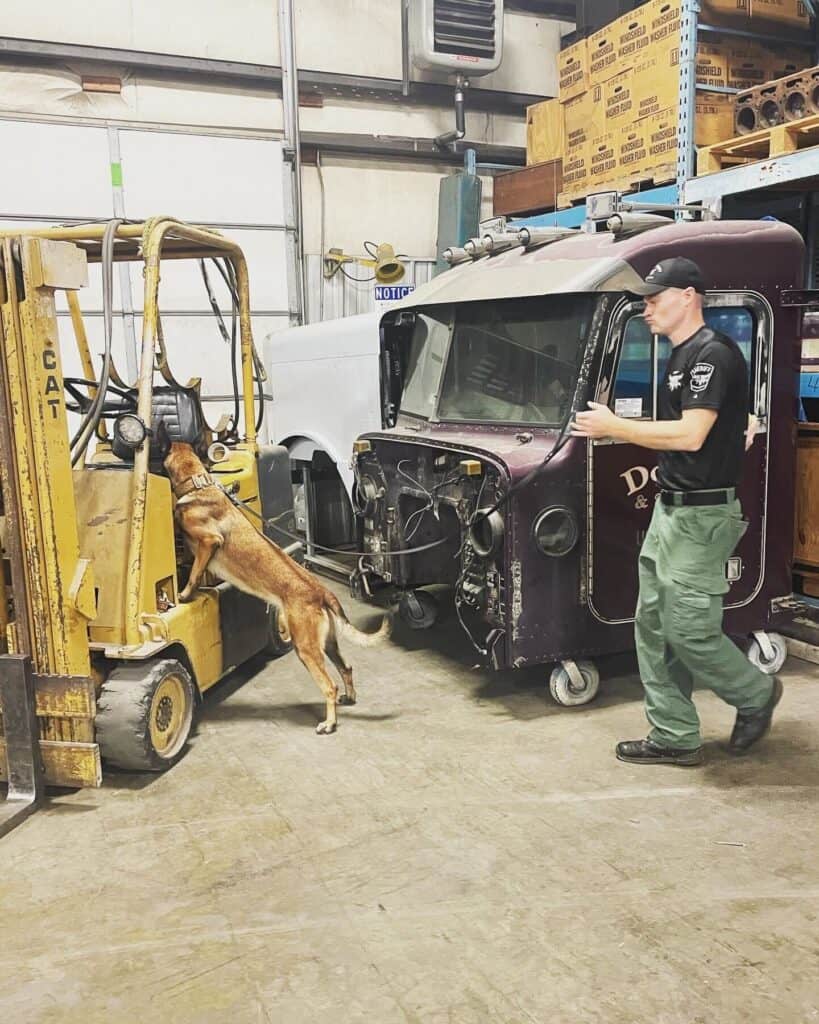
The challenges of being a K9 handler
There are several challenging aspects of becoming a police K9 handler. For a start, it can be very physically demanding – whilst it is impossible for a human to keep up with most police dogs, the handler needs to be sufficiently fit to be able to control the dog, even if it is from a distance.
However, perhaps the biggest challenge of being a K9 handler is the level of responsibility involved. When it comes to caring for the dog’s welfare and general care, this falls almost entirely on the handler, and is an added duty on top of an already demanding job. Veterinary appointments or maintenance training will have to be prioritized to ensure the dog is cared for properly.
Working as a K9 handler demands adaptability and flexibility; not only will the K9 will need to be cared for and trained on ‘off-days’, but there may be occasions where the handler is on call for trails or traffic stops and needs to attend to the situation. Of course, it also goes without saying that any law enforcement work involves engaging in potentially dangerous and volatile situations, and any aspiring K9 handler should understand that this is part of the role.
Process for becoming a K9 handler
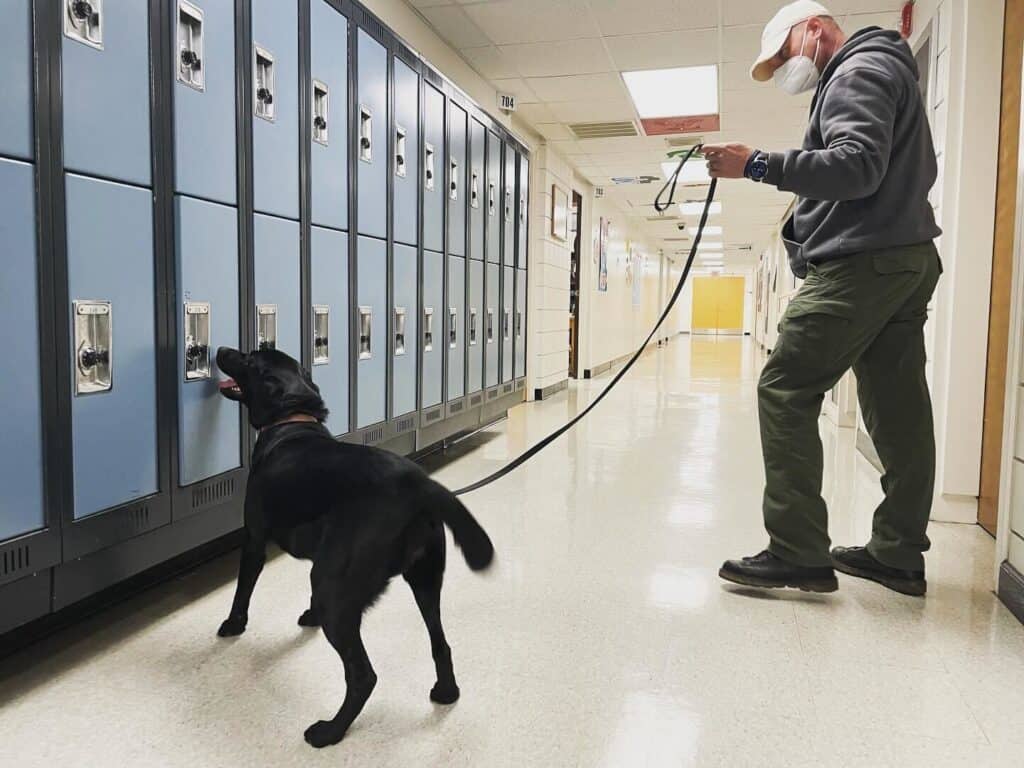
In the majority of situations, to become a K9 handler, an individual will need to have worked at a law enforcement agency before they can be moved to the K9 unit. The actual number of years and experience required will vary from agency to agency. Remember, actually working with your dog is just a portion of the job as a handler – other responsibilities, from patrol work to administrative tasks, will still need to be completed.
Once an individual has been working in law enforcement for some time, it may be a good idea to volunteer to help with already established K9 teams. This builds a good foundation and offers useful experience if a K9 spot becomes available in the future. Laying trails and volunteering for training scenarios isn’t just helping out fellow law enforcement personnel; it also presents learning opportunities.
After the application and interview process has been completed, the chosen K9 handler will be assigned a dog the agency has purchased, or will choose a dog from a vendor or breeder. The next step will be to undertake education to understand how to work with their new K9 partner.
K9 handler education
Educational requirements will vary, depending on the agency and vendor involved. Here at Highland Canine Training, the dogs we provide will receive 16 weeks of training prior to handler school. Depending on the level of the training required, the handler is required to attend a handler program which may last from two to four weeks. This is an important step for handlers – especially new ones – as they understand the training process and how to actually deploy their K9 for success.
At Highland Canine Training, once the dog is trained and ready to enter handler school, the handler is required to complete online training for the handler school prior to the start of the school. This ensures that the in-person portion of the education can be focused on hands-on training with their new partner.
During the handler program, the handler learns how to set out training exercises and read and work the K9 through its necessary work. As the K9 has already been trained to our certification standards, the handler just needs to learn how to effectively handle and read the dog in a variety of situations.
Once handler school is complete, the new K9 team will be ready to work operationally. However, it is incredibly important that the K9’s training does not end when the formal handler education is over. Handlers should allocate time each week to refresh their dog’s training. If the dog is impressive after 16 weeks of training, it should be incredible after several years of ongoing training.
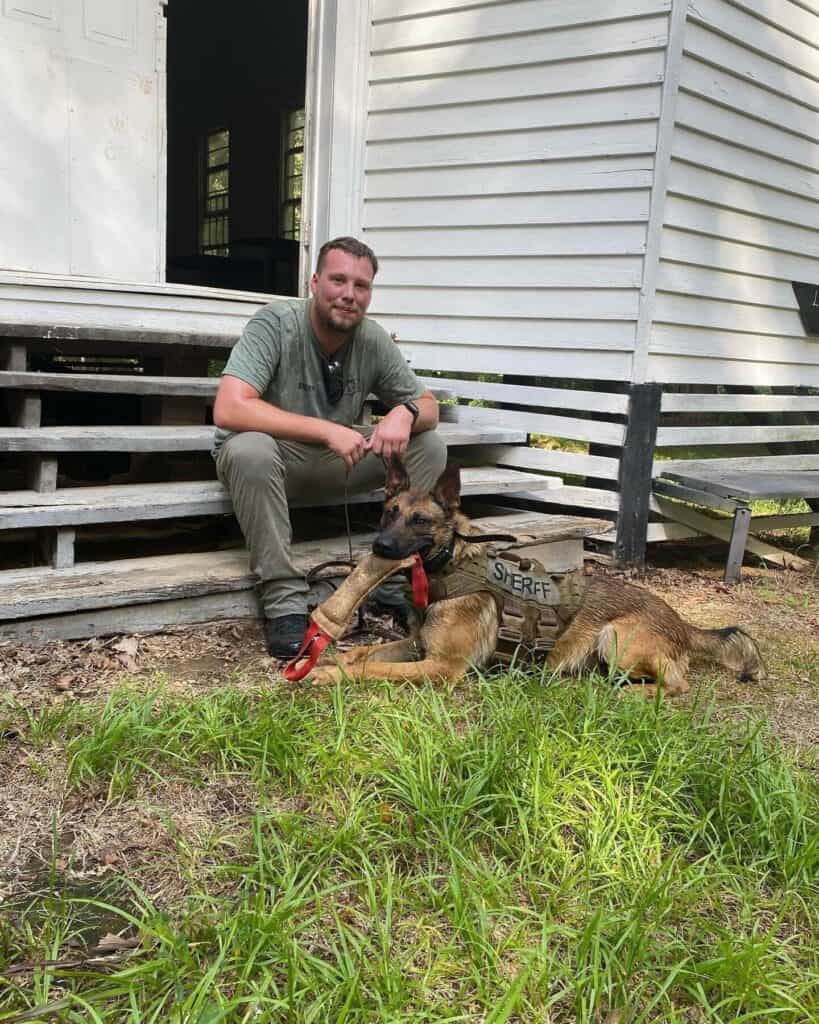
In conclusion
There are many aspects to being a successful K9 trainer, but above all else, a strong work ethic, a positive attitude, and a desire to work with their K9 partner to keep their team progressing are all essential traits. It is also vital to be a good team player – after all, handlers will have to work in lockstep alongside their K9 partner.
With the right expectations and planning, becoming a Police K9 handler is one of the most rewarding jobs you can do.
